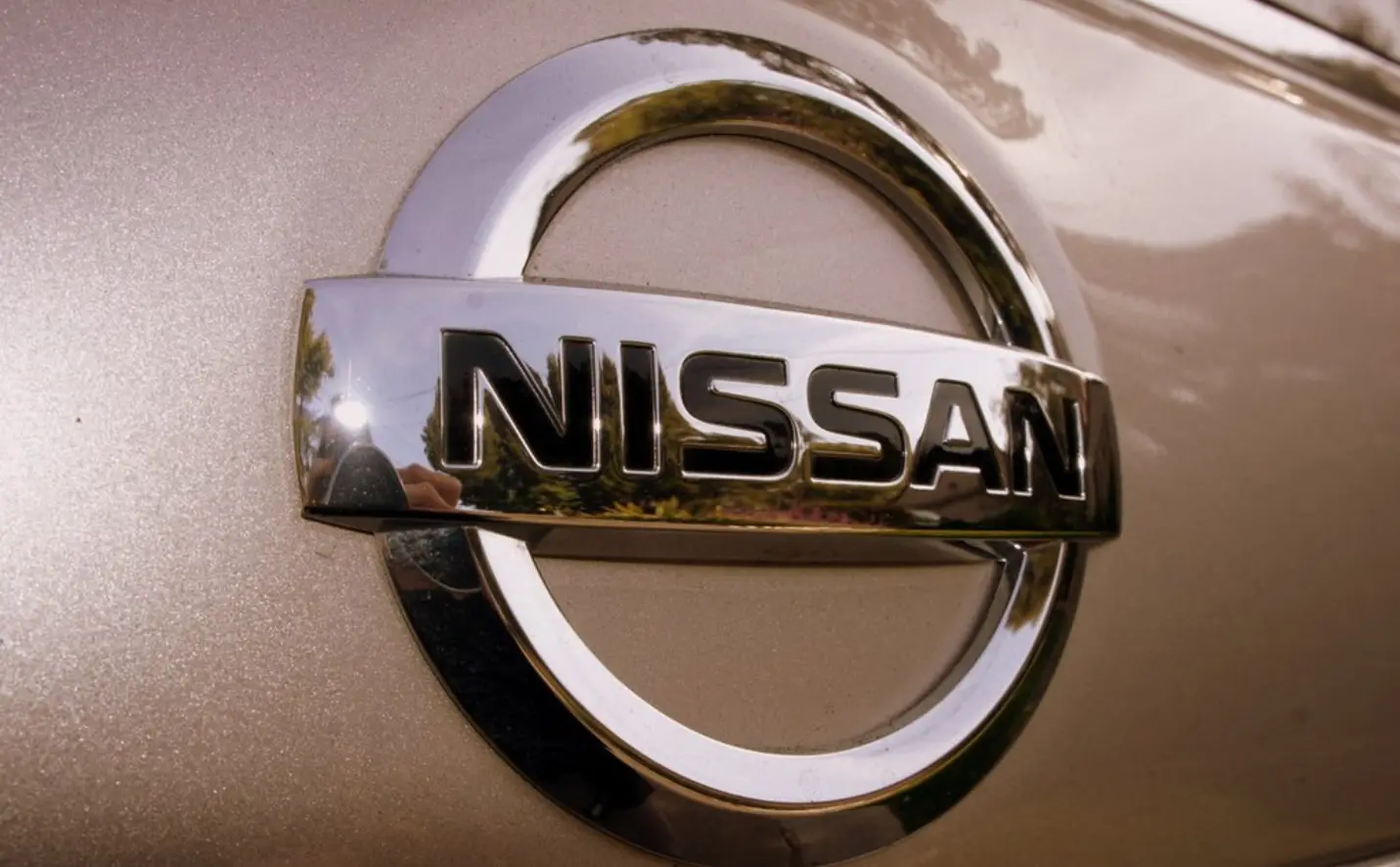Nissan is recalling 19,077 Leaf electric vehicles in the United States due to a potential fire hazard during fast charging. The recall affects 2021-2022 models equipped with Level 3 quick charging ports, according to the National Highway Traffic Safety Administration (NHTSA).
The problem stems from excessive lithium deposits that can form within the battery cells. These deposits increase electrical resistance during rapid charging, potentially causing dangerous heat buildup that could lead to a battery fire.
Affected vehicles were built at Nissan’s Smyrna, Tennessee plant between November 3, 2020, and May 23, 2022. The recall includes Leaf models with both 40 kWh and 62 kWh battery packs, covering the entire range of the vehicle’s battery options.
“While the vehicle is Level 3 quick charging, the increased electrical resistance could result in rapid heating of the battery. If quick charging continues, a battery fire may occur increasing the risk of injury,” states the NHTSA recall notice.
Nissan will address the issue through a dealer-provided software update at no cost to owners. Until the fix is available, the company strongly advises owners to stop using Level 3 quick charging, which uses the CHAdeMO connector on these vehicles.
Similar Posts
This marks the second such recall for the Nissan Leaf, following a similar action for 2019-2020 models last year that affected 23,887 vehicles with the same underlying issue.
Owners will receive initial notification letters starting October 24, 2025, explaining the risk and precautions. A second notice will follow once the remedy is available. The recall is identified by NHTSA campaign number 25V655000 and Nissan’s internal code R25C8.
A class action lawsuit filed in September 2025 alleges Nissan has known about this defect and claims a software update may be inadequate to address the problem. The lawsuit contends that the Leaf lacks the active thermal management system found in competing electric EVs.
Affected owners can verify if their vehicle is included in the recall by searching their Vehicle Identification Number (VIN) on NHTSA.gov beginning October 4, 2025, or by contacting Nissan’s customer service at 1-800-867-7669.



















